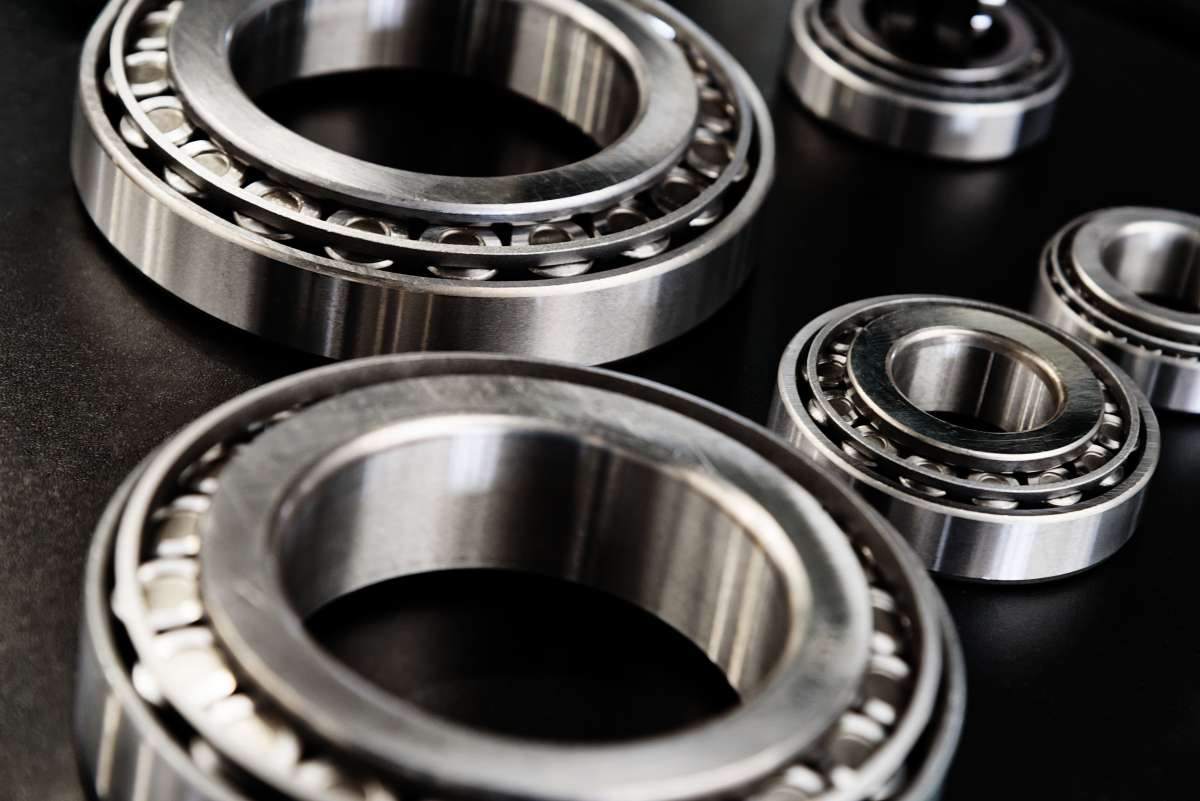Quality assurance/quality control (QA/QC) is integral to bearings manufacturing, upholding industry standards and contributing to overall effectiveness. Beyond its well-known role in maintaining product quality, QA/QC processes also assist manufacturers in adhering to regulatory requirements, including green standards that benefit the environment. This alignment fosters improvements in environment impact throughout the bearings lifecycle, recognizing the importance of sustainable manufacturing.

QA/QC in bearings production actively contributes to various crucial aspects of sustainability, including energy efficiency, extended product lifespan, waste reduction and compliance with environmental standards. This contribution is evident in the following ways:
Design optimization: During R&D, materials are tested for sustainability alignment. In many cases, new designs, supported by strict QA/QC protocols, aim to reduce friction, enhancing energy efficiency and promoting machinery sustainability. Lower friction goals can also lead to design improvements, such as lighter bearings that reduce energy consumption.
Longevity: Reliable QA/QC reduces the likelihood of defects that can cause premature bearing failure. An increased lifespan means fewer replacements, which equates to less resource usage over time.
Waste reduction: By identifying and rectifying defects (for example the use of incorrect material) in the manufacturing process, QA/QC helps reduce waste. With accurate QA/QC, manufacturers can minimize rejects and reworks, and use resources more efficiently.
Sustainable materials: Including materials analysis in the QA/QC process allows manufacturers to accurately verify that they use the correct eco-friendly materials in their bearings, further supporting sustainability efforts.
Circular economy: As part of sustainable practices, refurbishing or recycling bearings as a potential alternative to discarding them merits thoughtful consideration. This approach aligns with the principles of a circular economy, promoting resource conservation and waste reduction.
Supply chain: Many manufacturers require suppliers to adhere to sustainability standards, including the use of QA/QC best practices.
Material analysis in QA/QC plays a significant role in enhancing the manufacturing process for bearings. The precision of materials analysis is valuable for identifying even the slightest deviations from specified standards. It provides accurate material composition data, thereby maintaining uniformity in bearing production and ensuring that high-quality standards are consistently met across multiple batches.
In industries heavily reliant on bearings, such as aviation and automotive sectors, where even minor variations can lead to significant consequences, materials analysis becomes indispensable. This process goes beyond basic composition analysis; it excels at detecting trace elements that can profoundly impact bearing performance. Swift and precise analysis empowers manufacturers to proactively adjust production processes, thus improving the quality of their bearings.
Understanding the importance of materials analysis underscores its value in bearings production. With precise, rapid, and non-destructive analysis, manufacturers can uphold higher standards of quality and consistency for their products. Incorporating advanced tools like XRF analyzers into materials analysis further enhances the effectiveness of the QA/QC process, ensuring the production of reliable bearings that meet industry demands.
Curious to learn more about how advanced technology can enhance your bearing manufacturing process and quality control? Explore our range of XRF products.